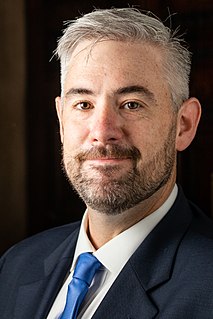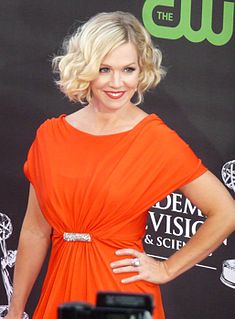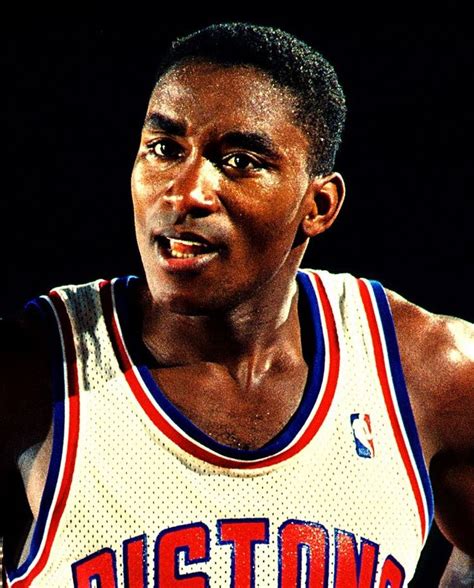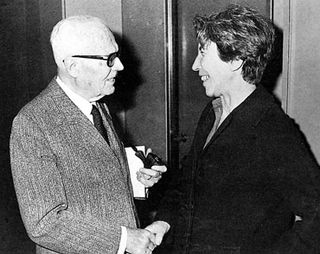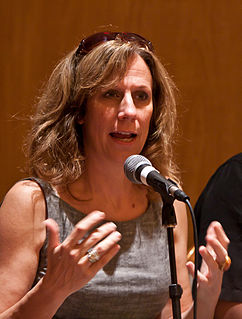A Quote by Matt Apuzzo
When I write that I've known about something for a long time, that's not a boast. That's a confession. It's me acknowledging that I have withheld something important from the public.
Related Quotes
They were indeed what was known as 'old money', which meant that it had been made so long ago that the black deeds which had originally filled the coffers were now historically irrelevant. Funny, that: a brigand for a father was something you kept quiet about, but a slave-taking pirate for a great-great-great-grandfather was something to boast of over the port. Time turned the evil bastards into rogues, and rogue was a word with a twinkle in its eye and nothing to be ashamed of.
They told me that I had a leaky valve, which is something that is certainly not life-threatening. It's common and it's something that had I not known about it, would I have lived? Sure. But it's something that I think is important to know, especially as I get older and given that I have heart disease in my family.
It's not nuclear physics. You always remember that. But if you write about sports long enough, you're constantly coming back to the point that something buoys people; something makes you feel better for having been there. Something of value is at work there...Something is hallowed here. I think that something is excellence.
So when I can, I try my best to meditate a little bit every day, and that helps a lot. I think that just taking a minute, or however long you can, and really acknowledging everything that you have. Acknowledging what you have, and at the same time, acknowledging what other folks don't have. And you know, you don't have to feel guilty about it, but definitely to feel grateful is the first step in giving it back.
It was tricky [to write about Israelis], because everyone has an opinion about the Arab - Israeli conflict, and when I first started writing these stories, I was working for an Arab - Israeli human rights group. It was during the Second Intifada. It was this totally violent and intense time, and I think there's a part of me where I don't know how to write about that situation without getting my politics out of my messages, and that's something that was important for me not to do in this book.
My vocation is to write and I have known this for a long time. I hope I won't be misunderstood; I know nothing about the value of the things I am able to write. I know that writing is my vocation. When I sit down to write I feel extraordinarily at ease, and I move in an element which, it seems to me, I know extraordinarily well; I use tools that are familiar to me and they fit snugly in my hands. But when I write stories I am like someone who is in her own country, walking along streets that she has known since she was a child, between walls and trees that are hers.
I had self-doubt about whether my story was interesting to people. I didn't want to write something that was anecdotal. It was important to me that people would get something out of my book. I want people to read it and say, "Now I don't feel so alone," or "I'm going to remember that next time I'm being an asshole."
There's something about us using the word fascism and thinking about, "What is it? What does it mean, and what are the tenets of it?" I've been thinking a lot about folks denying what has happened in history, or just not acknowledging it. I think there's something that's fascist, and something that I think we could probably learn from, in terms of the energy in the world right now.
I’m a writer, and everything I write is both a confession and a struggle to understand things about myself and this world in which I live. This is what everyone’s work should be-whether you dance or paint or sing. It is a confession, a baring of your soul, your faults, those things you simply cannot or will not understand or accept. You stumble forward, confused, and you share. If you’re lucky, you learn something.
You can't expect perfection. It is important to sort of acknowledge some of our imperfections. I write them down. There's something about acknowledging mistakes and being able to put them down on paper; they become facts of your life that you must live with. And then, hopefully, you can navigate the road a little bit better.
